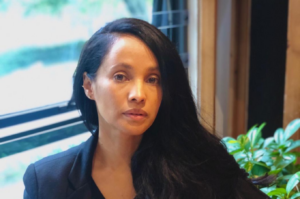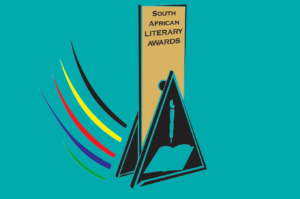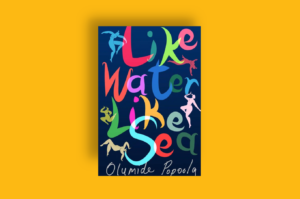
The 2017 The Short Story Is Dead, Long Live the Short Story! Prize has been awarded to Nigeria’s Mary Ononokpono—winner of the Golden Baobab Prize and two-time finalist for the Miles Morland Scholarship. Nigeria’s Osemegbe Aito and Zimbabwe’s Tina Chiwashira placed second and third respectively.
The Short Story Is Dead, Long Live the Short Story! Prize is organised by Black Letter Media, a full service print and digital publishing and bookselling company with “focus on publishing new storytellers who have a unique, powerful and alternative vision of Africa.” The winning short story will receive R5 000, while the first and second runner-up stories will receive R1 500 and R500 respectively. The longlisted stories appear in The Short Story is Dead, Long Live the Short Story (Vol. 3), an anthology to be launched early 2018. The shortlist had six writers:
- “Rudo” by Eliza Mabungu (Mozambique/South Africa)
- “The Scent of Living Wills” by Michel Tumuhimbise (Uganda)
- “Tanganyika ABCs” by Tina Chiwashira (Zimbabwe)
- “Petrichor” by Osemegbe Aito (Nigeria)
- “Firewater” by Mary Ononokpono (Nigeria)
- “Eye Color” by Mwikali Mutune (Kenya)
Here are the comments of the judges on the new anthology.
For the third volume of our annual anthology, we selected sixteen short stories from writers who claim some part of Africa as home. In many ways, these stories reaffirm African literature as still that which blatantly concerns itself with topics relating to the continent and its position in the world, even when the spotlight is only cast on a West African community that is not in the least bit self-contained (Firewater) or a single act of mundane logic is fleshed out into a bigger narrative of gender conflict (Tanganyika ABCs) or just the mere promise of catharsis launches a subversive take on an old theme (Petrichor).
The three finalists, said the judges, “each give something different. These stories are about a journey, about making hard decisions, and about growing through the pain of it all. These three stories stand out because of the choices that the authors made with structure, world of story and imagery.” On the winner, Mary Ononokpono’s “Firewater,” they said:
With the opening line – “I was born beneath the ocean waves, or so that’s what they tell me” – Mary Ononokpono’s ‘Firewater’ draws us into a world where the line between real and ethereal is immaterial. And in this enchanting old world, there are many lines blurring in this world as the community tries to protect itself from the outside world not realising that change can sneak in even when you try to keep it out. The author succeeds in painting a world so wondrous that we get lost in it following this girl who has no name, is drawn to the waters and will be outside of the fold.
On the first runner-up, Osemegbe Aito’s “Petrichor”:
Osemegbe Aito takes us to a world where the advancement of technology may or may not be a fallacy. In ‘Petrichor’ we wonder whether the choice our main character has made is the right choice. We wait with her at the pearly gates and hope that what she wants really is on the other side. Through her anticipation, and the build up, we wonder if we would choose between life and death voluntarily. This story has a clean, calmness to it, which belies the fear inside.
On the second runner-up, Tina Chiwashira’s “Tanganyika ABCs”:
With ‘Tanganyika ABCs’, Tina Chiwashira weaves in and out of the past as she connects the narrator’s own failing relationship with that of her mother and father in the past. She connects the past to the present, herself to her mother, and, in the end, the narrator has a tough decision to make. The success of this story is in the effect that the going back and forth between time leaves us with. We feel the dis-ease of the narrator and wait for release.
Congratulations to Mary Ononokpono and Tina Chiwashira, and special congratulations to Osemegbe Aito whose fiction we have published. Read their interviews on the prize’s blog. The anthology can be pre-ordered here.









COMMENTS -
Reader Interactions